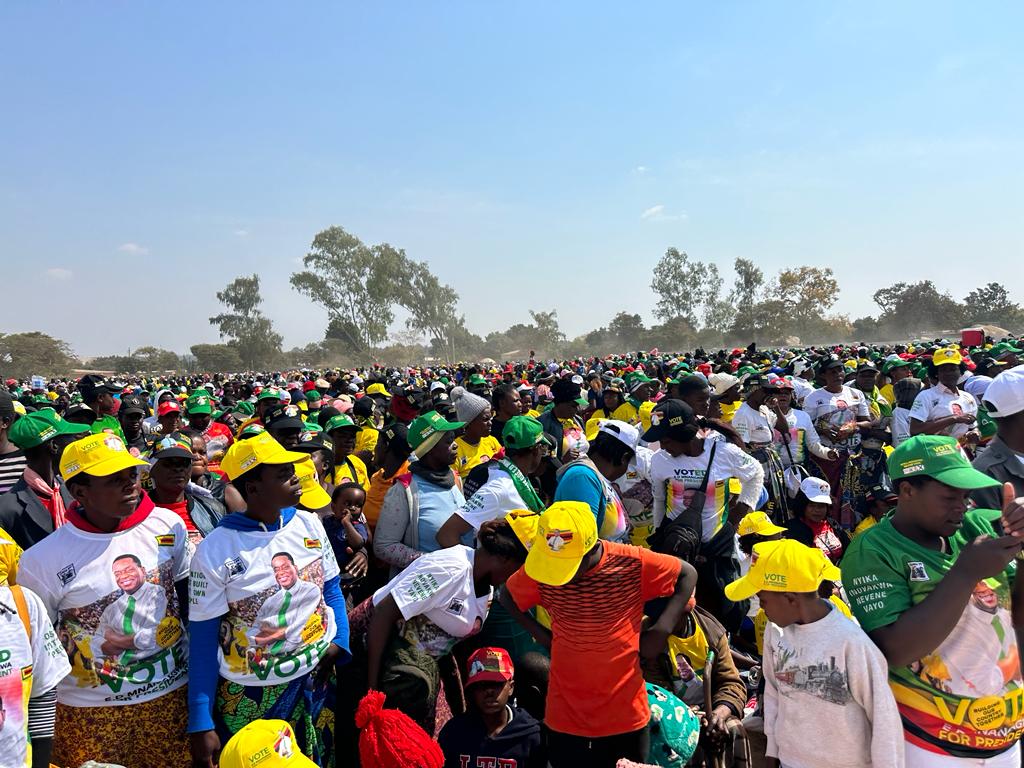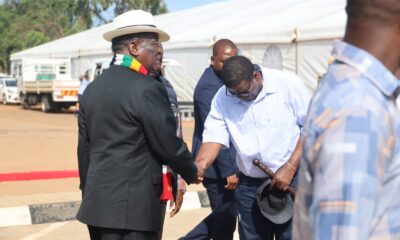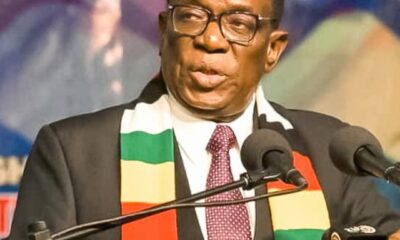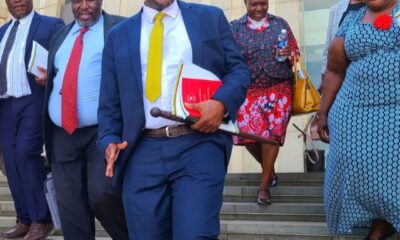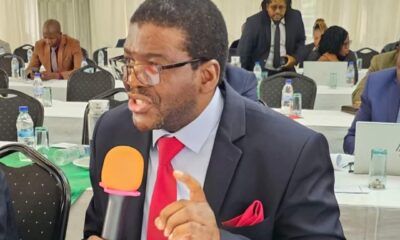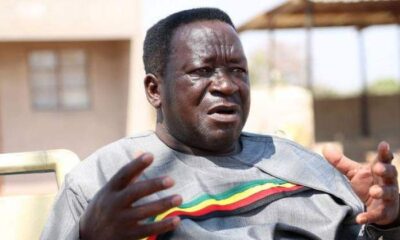NATHAN GUMA
AN independent think-tank, the Zimbabwe Democracy Institute (ZDI), says Zanu PF could be at its weakest point since the 2008 general election due to factional fights, with doubts looming over President Emmerson Mnangagwa’s sincerity over his decision to not stay in power beyond 2028.
Although Mnangagwa declared his intentions to leave power in 2028, concerns have been growing, with loyalists running a divisive campaign spurring the 81-year old leader to stay beyond his two constitutional terms and hang on until 2030 outside an election.
According to research by ZDI whose report is titled Entering the Foggy Zone: Transition and Succession, Zanu PF has been torn into two opposing groups, with one calling for the extension of Mnangagwa’s tenure to 2030 and the other advocating for him to stick to his constitutional term that expires in 2028.
Factionalism has also been evident, with Vice-President Constantino Chiwenga coming out against party slogans glorifying individuals, stating that people must respect the country, its institutions and values and not personalities.
The ZDI report says that the discohesion shows that Zanu PF could be at its weakest point.
“Elite discohesion within Zanu PF primarily over the succession issue has also led to conclusions that the ruling party may be at its weakest since 2008 when it suffered an embarrassing electoral loss to the then Movement for Democratic Change (MDC) led by the late Morgan Tsvangirai especially following the 2023 elections that were condemned by Sadc, AU, EU other observers as having been manipulated,” said the ZDI report.
“Due to the succession challenges attendant in Zanu PF, the eminence of internal fissures, elite fragmentation and splits appear to be a noteworthy feature in democratic transition in Zimbabwe as elite rifts in the regime breakdown.”
According to the research, the current political environment, characterised by internal fissures, has been known to be essential in most transitions from authoritarianism to democratisation.
“Contributing to this paper’s analysis is O’Donnell and Schmitter’s (1986:16), contribution which highlights the significance of elite defection, splits and internal fissures, considering them essential in most transitions from authoritarianism to democratisation,” it reads.
“They assert that in cases of elite disintegration in transitions, there is usually an aperture between ‘hard-liners’ and ‘soft-liners’ that arise between the authoritarian regime elites. Usually, there is a struggle between defenders of the status quo (hard-liners) and those turned reformers (soft-liners) because soft-liners develop an ‘increasing awareness that the regime they helped to implant, and in which they usually occupy important positions, will have to make use… of some degree or some form of electoral legitimation’.”
According to the research, the current political situation is reminiscent of 2008, in which increased repression led to defection by party members.
“In the run-up to the 2008 March general election, Zanu PF was engulfed in factionalism and elite fragmentation culminating in a debilitating campaign called ‘bhora musango’. But, Zanu PF survived because of the role of the military in safeguarding the party,” reads the research by ZDI.
“Zimbabwe is without doubt faced with a protracted party/state political transition problem whose outcome is hazy and foggy. But, history teaches us that the military and not the civilians in ZANU PF are the ultimate arbiter of power at least from how Mugabe took over the leadership of Zanu PF in 1975, lost power in 2017 and how Mnangagwa himself assumed leadership and remains in charge.”
“The military has been the decisive power block in both party and state succession politics. Unless stopped, as much as they installed Mugabe, removed him, installed Mnangagwa, it could again play ZDI said despite its weakness and fragmentations, Zanu PF has however been suppressing the opposition to maintain its grip on power
“Discohesion alone cannot lead to authoritarian breakdown. Political elites have so much to lose by relinquishing power; it is highly likely that they will close ranks particularly if the opposition is in a position to threaten the elite’s power base,” it reads.
“Zanu PF has maintained power by suppressing the opposition and the organisation of agents of political representation as shown in the complete destruction of the opposition Citizens Coalition for Change (CCC) whose leader Nelson Chamisa has resigned arguing the state has overtaken the opposition party and installed a puppet leadership by one Tshabangu.”
Sengezo Tshabangu, the self-proclaimed secretary-general, gave Mnangagwa a lifeline after Zanu PF clawed back a two-thirds majority in the National Assembly, through controversial recalls of elected opposition Citizens’ Coalition for Change (CCC) MPs.
The by-elections brought back Zanu PF in Bulawayo for the first time since 2000 — courtesy of Tshabangu who caused the polls through recalls of popularly elected MPs and other representatives.
“New and innovative ways have not emerged to confront the state leading to arguments that Zimbabwe is a de facto one-party regime. Since the military coup in November 2017 and most recently since the disputed 2023 elections, opposition politics appeared to be completely dominated by state power,” reads the report.
